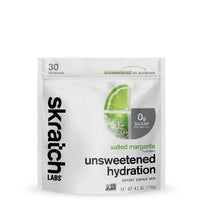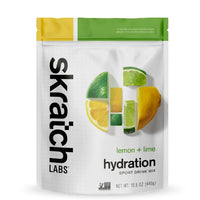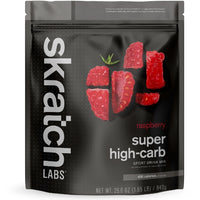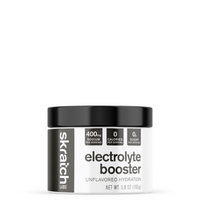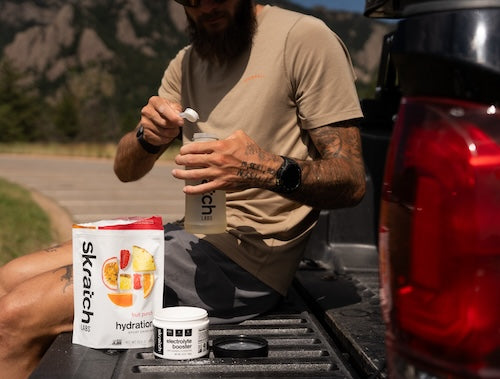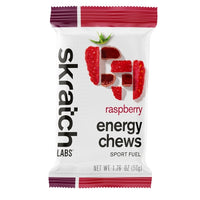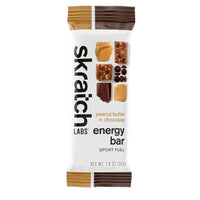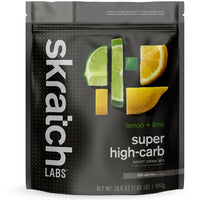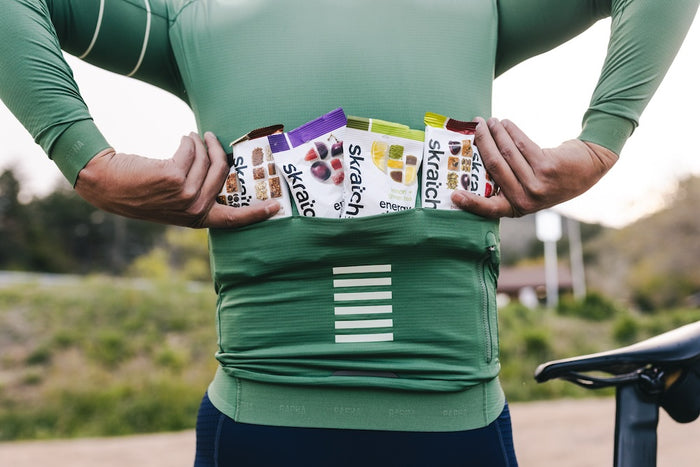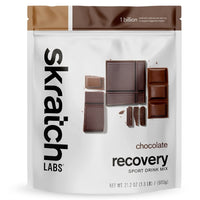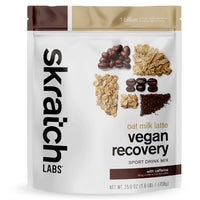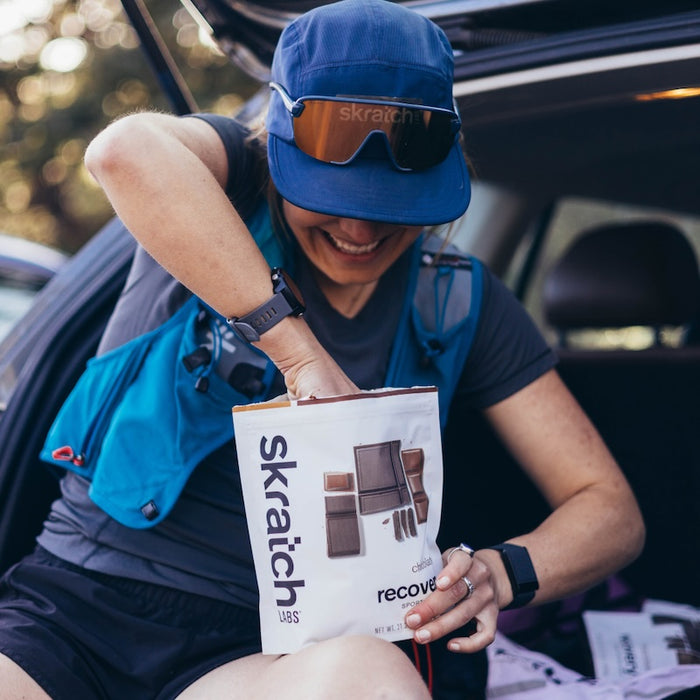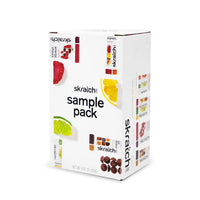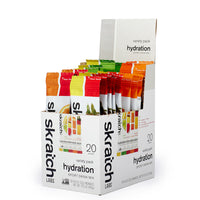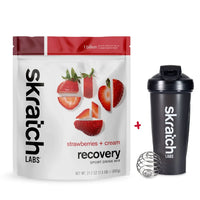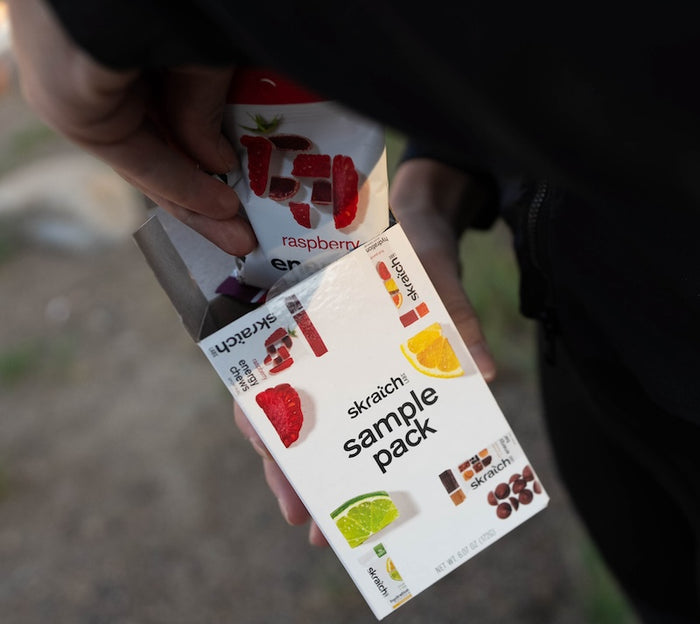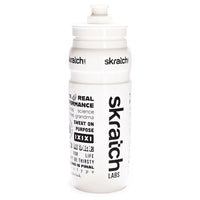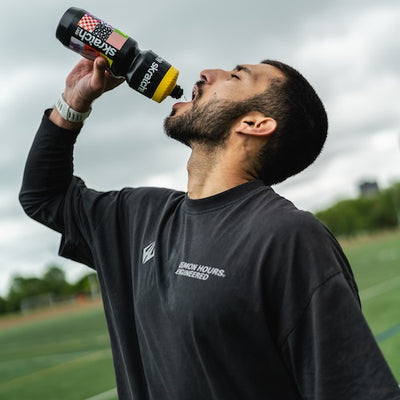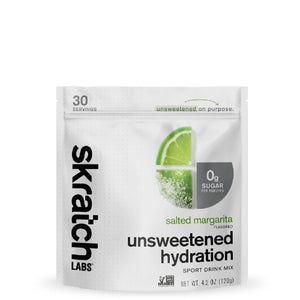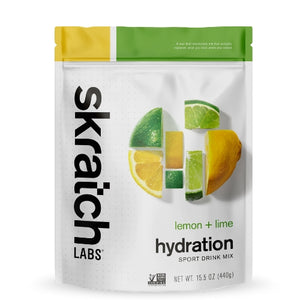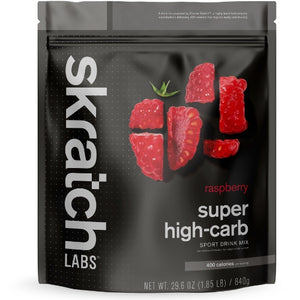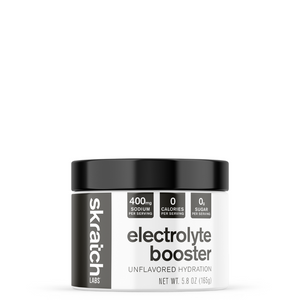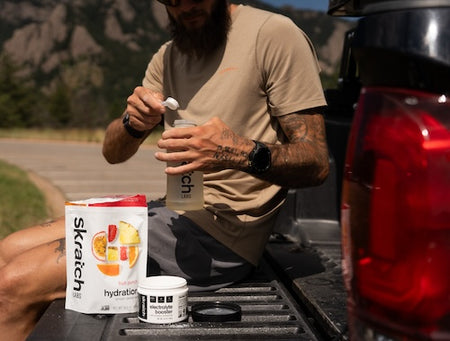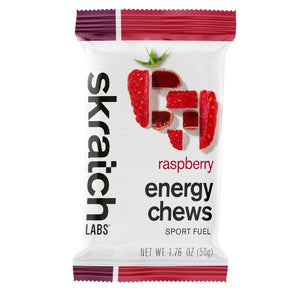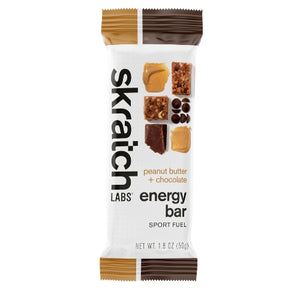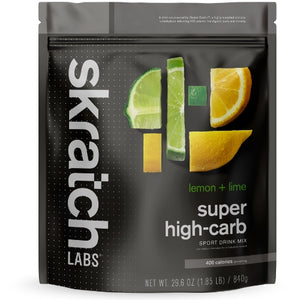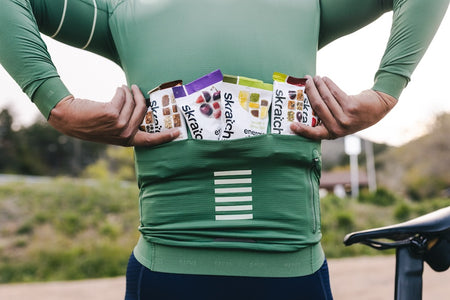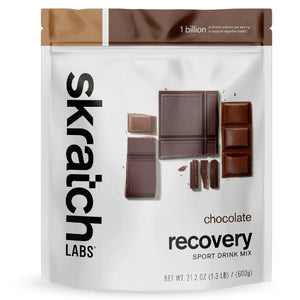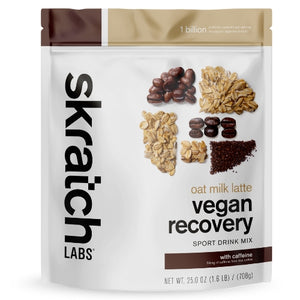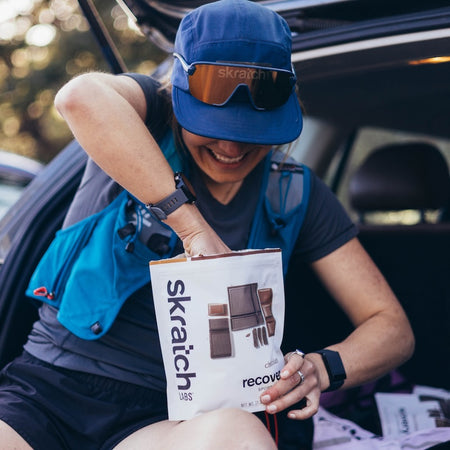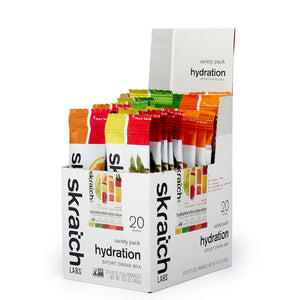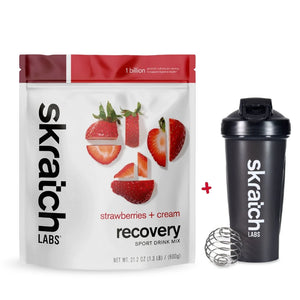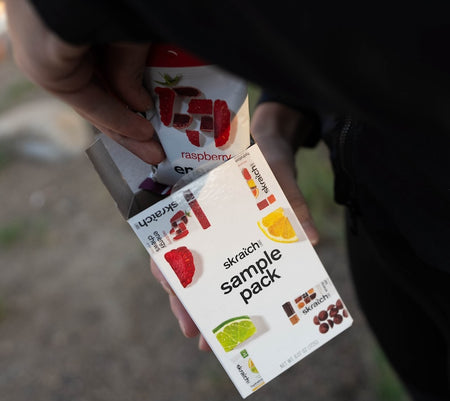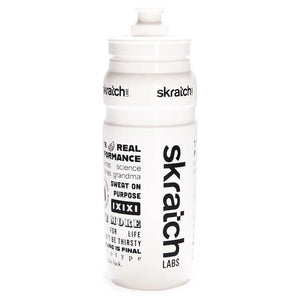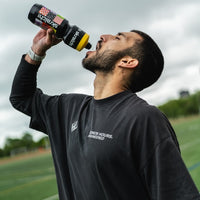By: Sam Leyh MS, RD, CSSD
Performance Dietitian & Skratch Labs Field Marketing Team
Carb loading essentially aims to supersaturate your muscle and liver glycogen (the storage form of carbohydrate) a few days prior to your planned event. The intent of maximizing muscle glycogen is to set you up on race day with fully loaded energy stores and leave no cell asking for extra juice when the clock says go. Ensuring maximum carbohydrate storage also gives muscles their best chance at recovery, too.
But is carb loading all it’s hyped up to be? Will it truly make a performance difference? As with every other answer you’ll get in nutrition…it depends.
We know endurance activities (as well as certain intensities of strength training) rely heavily on carbohydrate as a predominant fuel source and we also know having limited stored energy (i.e. glycogen) negatively impacts performance. Have you ever ‘hit the wall’ or ‘bonked’? Your muscles not so quietly telling you that enough is enough? This is due to depleted energy stores. You’ve hit empty. This is the reason we put so much intention into our products like Super-High Carb and Hydration Sport Drink Mix and emphasis on the importance of fueling plans leading into and during events. These play a critical role in maintaining energy levels. This is also why we care about glycogen and having ‘stores’ of it.
The predominant reason we fuel during events is to maintain stable blood glucose (energy) and provide a steady source of energy to the working muscles. What this also does is spare muscle glycogen. The more we can spare muscle glycogen, either by consuming exogenous carbohydrate at appropriate time points or utilizing more fat as fuel at lower intensities, the longer we can go. As soon as we start tapping into our energy reserves, our glycogen, we are a ticking time bomb until bonk-o-clock (wonderful learning experience once it happens, which it will if you’re out there pushing limits like we know you are, but hopefully once is enough to gain the wisdom). So, this is why we started considering carb loading. Our scientific community was curious - can we extend the time it takes to deplete glycogen with strategies to overcompensate the muscle prior to the event? Very simply, yes, it does work but there are some considerations.
Endogenous glycogen stores are maximized by following a high-carbohydrate diet (8–12 g of carbohydrate/kg/day). Typical recommendations suggest the 1-3 day period prior to your event to hit these values. Historically it had been thought a period of glycogen depletion may be necessary prior to repletion with a very high carbohydrate intake however we now know that is not necessary. Simply reducing training volume slightly (as most already do leading into a race) and consuming a very high carbohydrate intake (8-12g/kg/day) will maximize glycogen (Kerksick et al, 2017).
Of course, for people going through premenopause, this will also vary at different time points of month as her cycle shifts (Tarnopolsky et al, 2000. Tarnopolsky et al, 2001). Female athletes may need to significantly increase their total calorie intake, in addition to increasing carbohydrates, in order to get this same supersaturation effect as their male counterparts.
Here’s some food for thought. We know adequate calorie intake is one of our biggest gaps in sport across the board. Especially for endurance athletes putting in high volume training weeks. Adequate carbohydrate intake follows suit for commonly being under consumed based on needs for training and recovery. Recommended daily intakes of carbohydrate for active individuals varies, with a range of 5–12 g/kg/day pending training demand, the upper end of this range (8–10 g/kg/day) is reserved for those athletes that are training at moderate to high intensities (≥ 70% VO2max) upwards of 12 h per week (Kerksick et al, 2017. Tiller et al, 2019). Consuming adequate calories and adequate carbohydrates relative to your training demands will ensure you are maximizing both performance, recovery & glycogen replenishment - no carb loading necessary.
Therefore, it is well worth your time and effort to ensure you are:
- Consuming adequate calories to match your training needs to both perform and recover adequately.
- Consuming adequate carbohydrates based on your current training volume and intensity. Thankfully, we have research from elite athletes undergoing high volumes of training that show maximal glycogen levels are restored within 24 h if a diet contains ≥8 g/kg/day. If you feel strongly to carb load prior, go for it! But if it’s been something that’s stressed you out more than it’s helped, stress no more my friend - you don’t need to.
Ultimately, nutrition is very individual and what works for some may not work for all. Carb loading can be a potentially useful tactic if you are: feeling low on calories/carbs recently, or feeling under-recovered. It may not need to be your top priority though if you are: have been consuming adequate calories and carbohydrates around training to optimize your recovery window and replenishment of glycogen following training events, or if the significant increase in carbohydrate the day or two prior leaves your gastrointestinal system feeling a little taxed. Symptoms of water retention are normal - as for each gram of glycogen we store 3-4g of water, but some may be more sensitive to major fluxes in carbohydrate intake and struggle to digest them as well when consumed in larger amounts. Something we are not looking for leading into race day.
However many carbs you have on your plate the night prior (it does need to have some!) may we suggest you use it as an opportunity to invite friends, neighbors, fellow athletes to your table. It’s a Skratch ethos that food is more than fuel - food is community, food is connection, food is life. Let the table gatherings inspire your next adventure, meal and everything in between.
References:
- Kerksick, C.M., Arent, S., Schoenfeld, B.J. et al. International society of sports nutrition position stand: nutrient timing. J Int Soc Sports Nutr 14, 33 (2017). https://doi.org/10.1186/s12970-017-0189-4
- Tiller, N.B., Roberts, J.D., Beasley, L. et al. International Society of Sports Nutrition Position Stand: nutritional considerations for single-stage ultra-marathon training and racing. J Int Soc Sports Nutr 16, 50 (2019). https://doi.org/10.1186/s12970-019-0312-9
- Tarnopolsky, Mark A., Carol Zawada, Lindsay B. Richmond, Sherry Carter, Jane Shearer, Terry Graham, and Stuart M. Phillips. Gender differences in carbohydrate loading are related to energy intake. J Appl Physiol 91: 225–230, 2001.
- Tarnopolsky MA. Gender differences in metabolism; nutrition and supplements. J Sci Med Sport. 2000 Sep;3(3):287-98. doi: 10.1016/s1440-2440(00)80038-9. PMID: 11101268.

Sam Leyh is a self-proclaimed adventure enthusiast currently living in the sunny-as-ever Tucson, Arizona. She shares her home with her pup, Palmer, a sassy and dramatic malamute shepherd pup. Sam is passionate about supporting rad humans on their respective journeys by sharing nutrition education specific to their needs. She currently invests her energy as a tactical performance dietitian and holds a spot on the dream team of the ultimate Skratch Labs Field Marketing crew. You can find her at events local to Tucson, AZ - stop by and say hi! Sam’s belief is that our nutrition choices and the depth of human connection we create, are two fundamental ingredients for a healthy, vibrant and joyful life. Let’s get to having more epic adventures with great people and quality eats!
